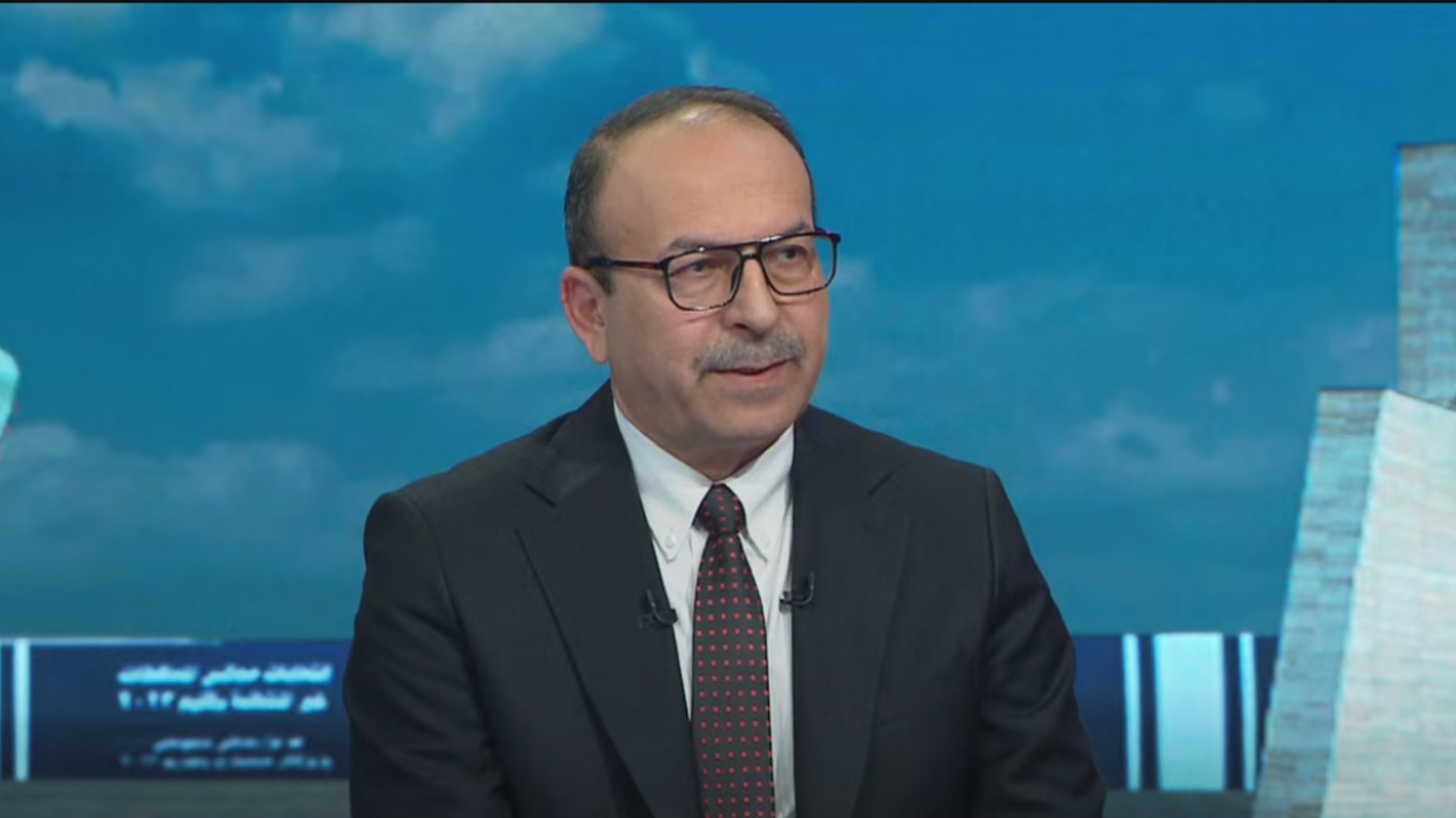'Iraq Fully Prepared for November Elections,' IHEC
In a statement to Kurdistan24, the Head of the Media Team at the IHEC Emad Jamil confirmed that IHEC has finalized a comprehensive electoral roadmap to ensure the success and integrity of the upcoming polls.

By Kamaran Aziz
ERBIL (Kurdistan24) – With just eight months remaining until Iraq’s national elections, the country’s Independent High Electoral Commission (IHEC) has announced that all logistical and technical preparations are complete, reaffirming its commitment to hold the vote as scheduled on November 25, 2025.
In a statement to Kurdistan24, Head of the Media Team at the IHEC Emad Jamil confirmed that IHEC has finalized a comprehensive electoral roadmap to ensure the success and integrity of the upcoming polls.
“The Commission has finalized all roadmaps to ensure elections are held on time,” Jamil emphasized, adding that the Commission is fully engaged in reviewing and enhancing operational systems.
Jamil revealed that the Commission has begun updating voter lists and inspecting storage facilities across the country. These efforts aim to ensure that more than 200,000 electronic voting devices are fully functional and ready for deployment on election day. These devices will include updated biometric systems to address previous issues involving fingerprint mismatches or technical failures.
“We have secured enough equipment to prevent any problems related to fingerprint recognition on election day. Voters whose fingerprints cannot be read will still be able to cast their votes,” Jamil explained, underlining that the commission has taken into account past criticisms and challenges to build a more resilient and inclusive voting process.
The elections will serve nearly 28 million eligible voters, including a significant cohort of first-time participants born in 2007. As registration and voter data updates continue in the coming months, officials anticipate the total number of registered voters may rise further.
The elections are expected to play a decisive role in shaping Iraq’s political future amid ongoing calls for reform, transparency, and enhanced democratic governance. Although the commission did not comment on potential political alliances or campaign dynamics, it did confirm that the number of seats in the Council of Representatives will remain unchanged at 394 for the current cycle.
IHEC’s announcement comes as political actors across the country begin mobilizing their bases and preparing for what is expected to be a closely watched and potentially transformative election. The inclusion of millions of young voters, the implementation of technical safeguards, and the commission’s push for operational transparency will be key factors in determining the credibility and outcome of the 2025 vote.
With regional and international stakeholders monitoring developments closely, the upcoming election may mark a pivotal moment for Iraq’s democratic trajectory and its efforts to foster greater public trust in electoral institutions.
